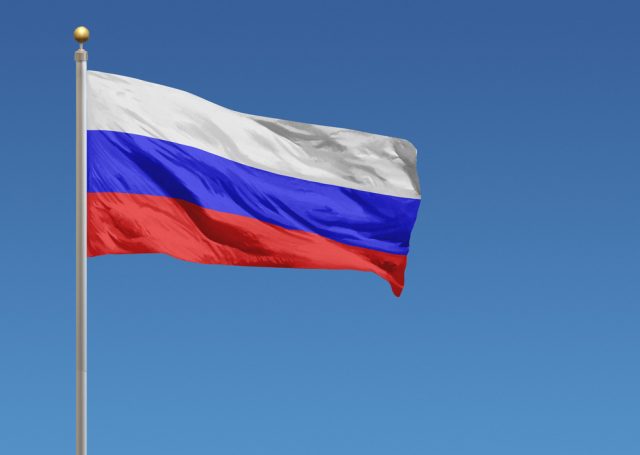This website uses cookies so that we can provide you with the best user experience possible. Cookie information is stored in your browser and performs functions such as recognising you when you return to our website and helping our team to understand which sections of the website you find most interesting and useful.
Russian drinks firms accelerate Latin American expansion
Leading Russian drinks’ producers are accelerating their expansion in the Latin American region. Eugene Gerden reports.

The news comes as producers are looking for alternative sales’ markets for them, after the closure of most of Western markets for their products.
For example, Tatspirtprom, one of Russia’s largest producers of vodka and strong alcohol, delivered the first batch of its drinks (mostly vodka) with a volume of 10,000 litres to Peru a couple of weeks ago.
As Shamil Kamaev, Tatspirtprom’s director of foreign economic activity said in an interview with the Russian Kommersant business paper, the company considers the market as promising for expansion.
Cuba
In the meantime, other major Russian vodka and drinks companies are also looking to gain a foothold in Latin American markets. The Alcohol Siberian Group has revealed it has commenced exports of its drinks for Cuba for the first time in its history, and is considering expanding into the markets of other regional countries, such as Mexico, Brazil and Peru.
According to the company, it is currently in a search for local retailers that could act as partners in these projects.
Producers and retailers have also reported that there is currently an ever-growing demand for Russian vodka in the Latin American region, which creates conditions for its high sales in the markets of many of regional states.
This is also confirmed by recent contracts on the supplies of vodka from Russia to some key countries of the Latin American region.
Contracts
One of such contracts was signed during the recent St. Petersburg International Economic Forum — once the most important annual business event both in Russia and Europe — which is regularly held at the beginning of June.
During the last Forum this year, Pablo Coucinho, head of the Argentina-Russia Council of Entrepreneurs, announced signing of two agreements on the supply of Russian vodka to Argentina.
One of them was signed with Ladoga, another leading Russian drinks’ producer, while its details are not disclosed. At the same time representatives of the Russian drinks’ producer Rust Group of Companies (which produces such well-known Russian vodka brands as Russian Standard, Talka, Green Mark) told that they are already supplying products to Latin American countries.
In the meantime, according to press-service of Rosalkogoltabakkontrol — the Russian state regulator on the domestic alcoholic drinks and tobacco markets — Russian alcoholic drinks’ producers decided to re-direct exports to Latin America after the beginning of Russian-Ukrainian war due to the closure of the EU and US markets.
According to data of the agency, this has already led to a decrease in overall supplies of Russian drinks from Russia to abroad, which in 2023 fell by 36.6%, to 25.1 million decaliters. The department states that the overall export
volumes of Russian drinks have been declining for the second year in a row.
Asia
Russian analysts believe the Latin American countries are more promising for its alcohol companies than Asia and the Middle East, where many producers from other sectors of the Russian economy are now trying to reorient themselves.
According to experts, in the case of Russian vodka, it is unpopular in China because of its taste, and in India because of high import duties. At the same time in Latin America, for example, Stolichnaya vodka has been popular in the region since the Soviet times.
In the Latin American region, Russian vodka can compete with local traditional alcohol, such as pisco (a type of brandy in Peru and Chile) and cachaça (a type of rum).
Still, according to Veniamin Grabar, head of Ladoga, the only serious problem, which prevents more active supplies of Russian vodka and other drinks to the Latin American countries is the problem with certification of alcoholic products, including those from Russia.
“This process takes more than a year,” Grabar says. In addition, none of the companies from Latin American region can pay directly for supplies to Russian producers. There are also difficulties in the lack of direct logistics.
In recent months, some of Russian drinks’ producers have also expressed their intention to the supplies to the African region, although the continent is still the least explored and least transparent for Russian alcohol companies.
Related news
Russian company trademarks Trump vodka

